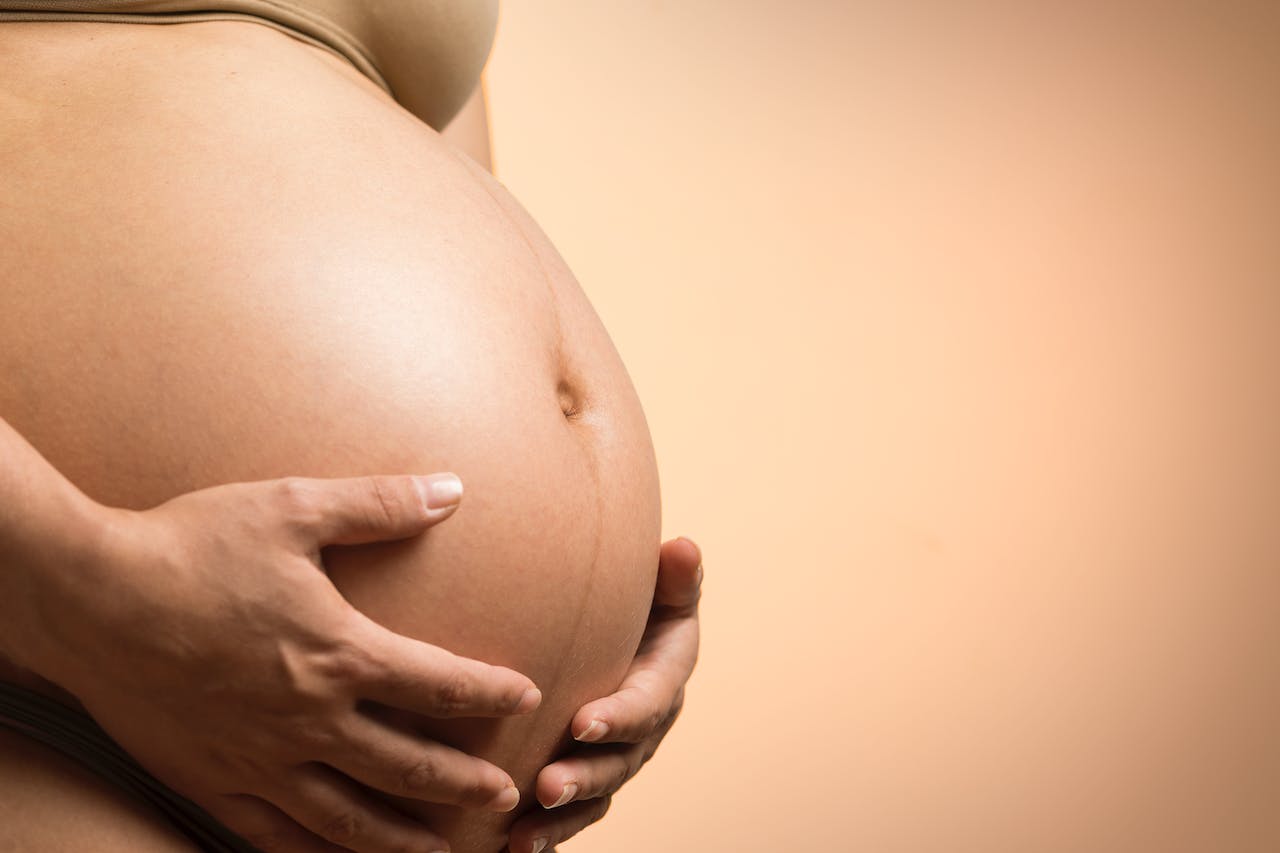Pregnancy brings numerous changes to a woman’s body, making her more susceptible to certain illnesses such as the flu. With the annual prevalence of this virus, it’s crucial for pregnant women to understand the importance of the flu vaccine, so that they can make well informed choices for both themselves and their unborn babies. This article will delve into the guidance provided by the UK Government and the NHS on the benefits of flu vaccination during pregnancy.
The influenza (flu) virus is a seasonal illness prevalent during colder months, but with potential to occur throughout the year. It poses a significant risk not only to the general population, but particularly to pregnant women, who are more susceptible due to the physiological changes their bodies undergo. According to the ‘Green Book’ by Public Health England, these changes may weaken the immune system, affect the heart and lungs, and increase the risk of severe illness from flu.
Complications of the flu during pregnancy can be grave, leading to a higher risk of miscarriage, premature birth, low birth weight, and even neonatal death. Given these risks, both the UK Government and the NHS strongly recommend that all pregnant women receive the flu vaccine, irrespective of their stage of pregnancy.

Flu Jab When pregnant: Pros and Cons
It is normal for women to be concerned about getting the flu jab. Pros and cons can be difficult for healthcare providers to discuss as we generally steer towards the pros, knowing that the either mild or very rare cons are far outweighed by the benefits. It is important for healthcare providers to be able to have a well rounded discussion as this is reassuring and gives women the confidence that they are making the right choices.
The flu jab in pregnancy offers two main benefits:
- It protects the mother from a virus that could potentially cause severe illness or complications.
- It provides passive immunity to the baby in the first few months after birth. This is vital, as babies under six months cannot receive the flu vaccine themselves.
Cons of getting the flu jab are most commonly mild side effects and short-lived. They may include:
- A slight temperature,
- Aching muscles for a couple of days
- A sore arm where the needle went in
It is possible to develop severe allergic reactions to the flu jab, but this is rare. Pregnant women who have had a serious allergic reaction to a flu vaccine in the past should not receive the vaccine.

Is Getting the Flu Jab During Pregnancy Safe?
Some expectant mothers may worry about getting the flu jab during pregnancy. Is it safe? However, numerous studies have demonstrated that it is both safe and efficient in both pregnant women and their unborn children. According to the NHS, the flu jab has a good safety record and has been given in millions of pregnancies worldwide.
It’s crucial to remember that the flu vaccine doesn’t cause the flu. It contains an inactivated virus, which cannot cause influenza. However, it stimulates the immune system to build a defence against the virus, thereby preparing the body to fight off the infection if exposed to the live virus.
Not Having the Flu Jab When Pregnant
Every mother has the right to choose whether she will receive the flu vaccine or not. The risk of not having the flu jab is that you are far more likely to catch the flu, and if you do it may be more severe than had you been given the vaccine.
The flu is more than just a common ailment, and its impact during pregnancy can be significant. Catching the influenza virus while pregnant exposes the expectant mother and the unborn child to a number of risks. According to the Centres for Disease Control and Prevention (CDC) and the UK Government’s ‘Green Book’, these include:
Increased risk of severe illness: Pregnant women are more likely to become severely ill from the flu, requiring hospitalisation or intensive care, or needing a ventilator or ECMO (extracorporeal membrane oxygenation).
- Premature birth: The flu can increase the chances of premature delivery, which can lead to numerous complications for the newborn.
- Low birth weight: Babies born to mothers who had the flu during pregnancy might weigh less at birth than expected, a factor that may affect their overall health.
- Birth defects: There is some evidence suggesting a link between the flu and neural tube defects and other structural birth defects in babies.
- Miscarriage: Particularly if the mother contracts a severe case of the flu, there can be an increased risk of miscarriage.
- Neonatal death: In the worst scenarios, the flu can lead to the death of the baby, either in utero (stillbirth) or shortly after birth.
Given these potential risks, it is highly recommended that pregnant women receive a seasonal flu vaccine.

When and Where to Get the Flu Vaccine When Pregnant
The flu vaccine is usually available from September until around January or February, covering what’s typically considered the ‘flu season’. However, if a woman becomes pregnant later in the flu season, it is still worthwhile to get the vaccine.
For pregnant women, the flu vaccine is free on the NHS. It can be accessed through your GP surgery or midwife. You may also be able to access it through your local pharmacy.
Healthcare professionals should provide clear and comprehensive advice on the benefits of flu vaccination to all pregnant women. Moreover, they should ensure this vaccine is readily available to all expectant mothers.
In conclusion, the flu vaccine plays a vital role in protecting pregnant women and their babies from the potential complications of influenza. Despite the risk of minor side effects, the benefits of receiving the vaccine far outweigh the risks. It is essential for healthcare providers and pregnant women to discuss the flu vaccine and its importance to ensure a healthy pregnancy and baby.


